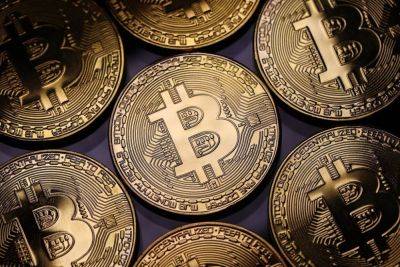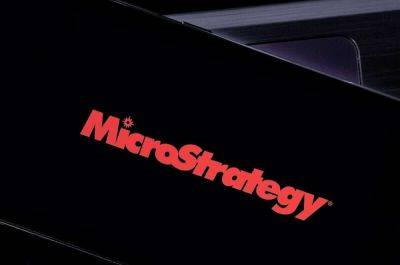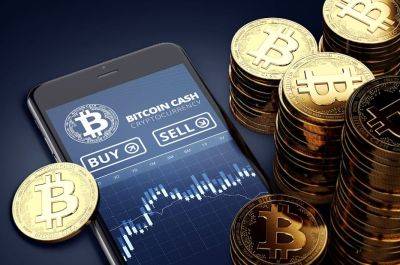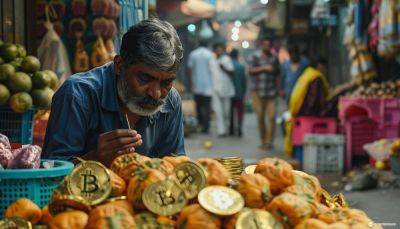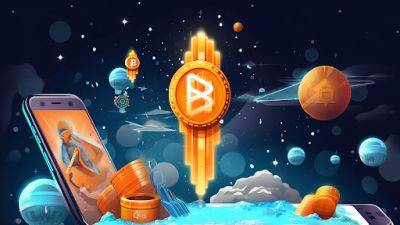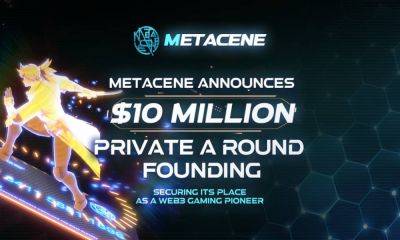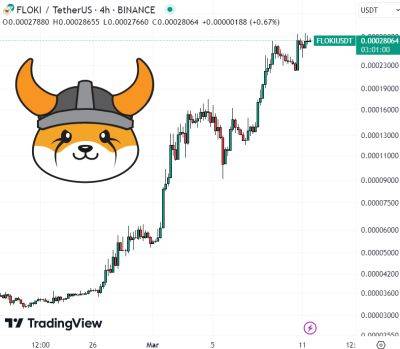Philippines Central Bank Eyes Bank-Mediated Non-Blockchain CBDC in Next Two Years
Governor Eli Remolona of the Philippines Central Bank (BSP) has disclosed the central bank’s plans to introduce a wholesale central bank digital currency (CBDC) in the coming years.
The Bangko Sentral ng Pilipinas (BSP) is optimistic about the ongoing growth of digital payment technologies, which are expected to enhance the delivery of financial services to unbanked Filipinos and micro, small, and medium enterprises (MSMEs).
In an interview with local newspaper Inquirer.net on Feb. 12, Remolona outlined the BSP’s strategy for developing the CBDC, emphasizing that blockchain technology will not be utilized in the project:
“Other central banks have tried blockchain, but it didn’t go well.”
Instead, the CBDC will operate on a payment and settlement system owned by the central bank. The BSP will concentrate on a wholesale CBDC, which will involve mediation by banks.
Remolona expressed concerns regarding potential issues associated with retail CBDCs, such as disintermediation, bank runs during financial stress, and the expansion of the central bank’s footprint. As a result, the decision has been made to limit the CBDC to wholesale transactions, with banks serving as the only counterparties.
Remolona referenced the experiences of countries like Sweden and China, which are developing CBDCs as digital alternatives to cash and to compete with cryptocurrencies. He believes that the Philippines can replicate their successes. He assured that the CBDC would be implemented within his term as governor, with the possibility of it happening within the next two years.
BSP Deputy Governor Mamerto Tangonan attributed the significant progress in digital payments to the implementation of the BSP’s 2020–2023 Digital Payments Transformation Roadmap
Read more on cryptonews.com
